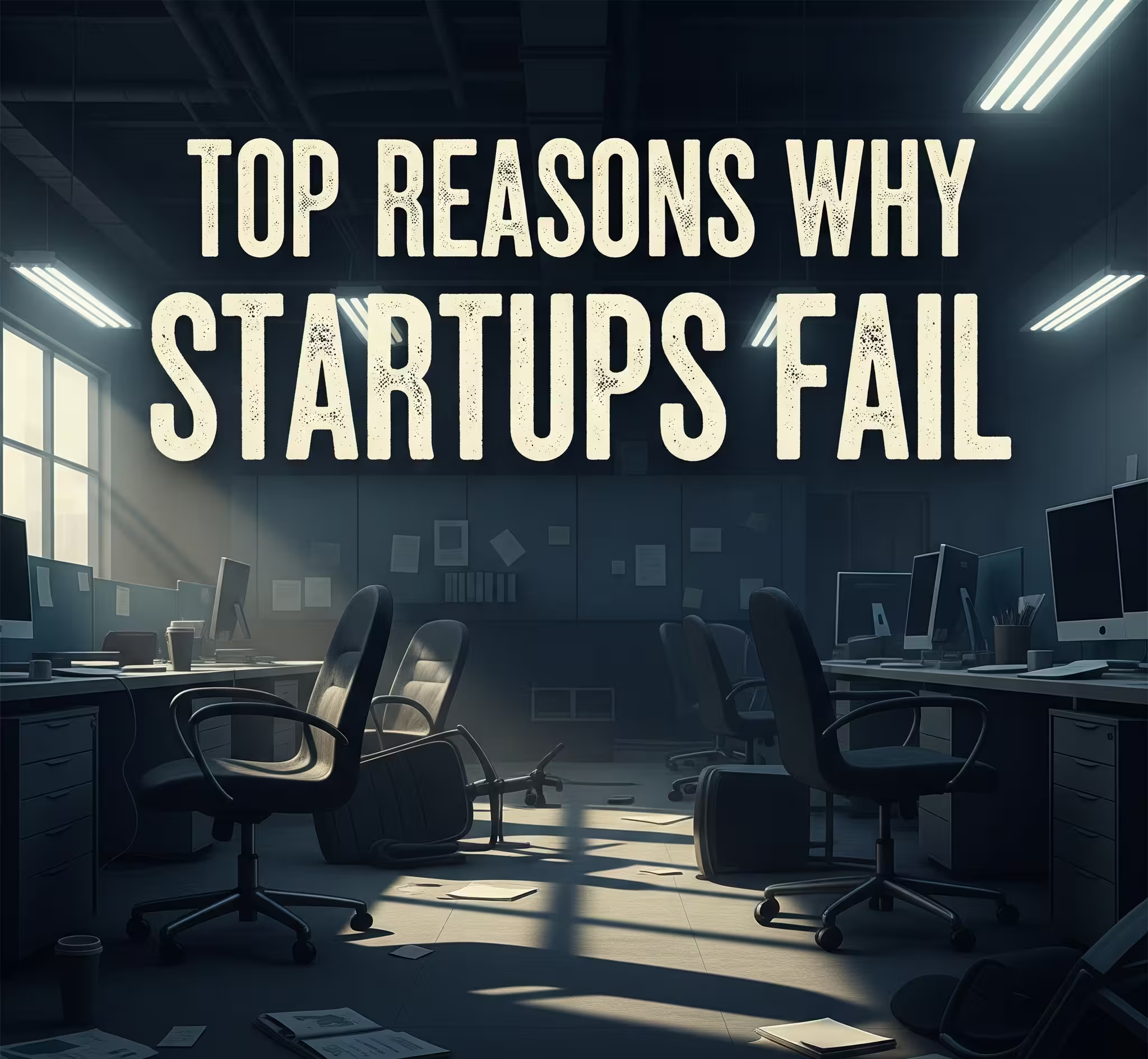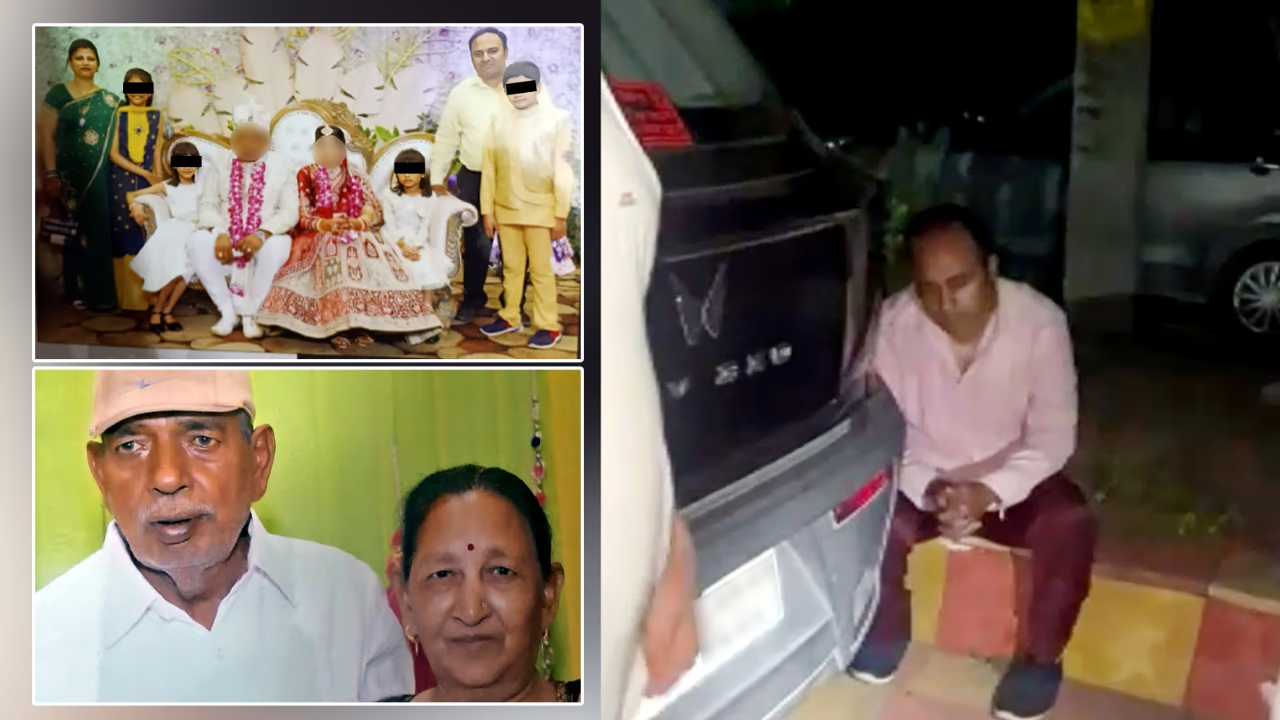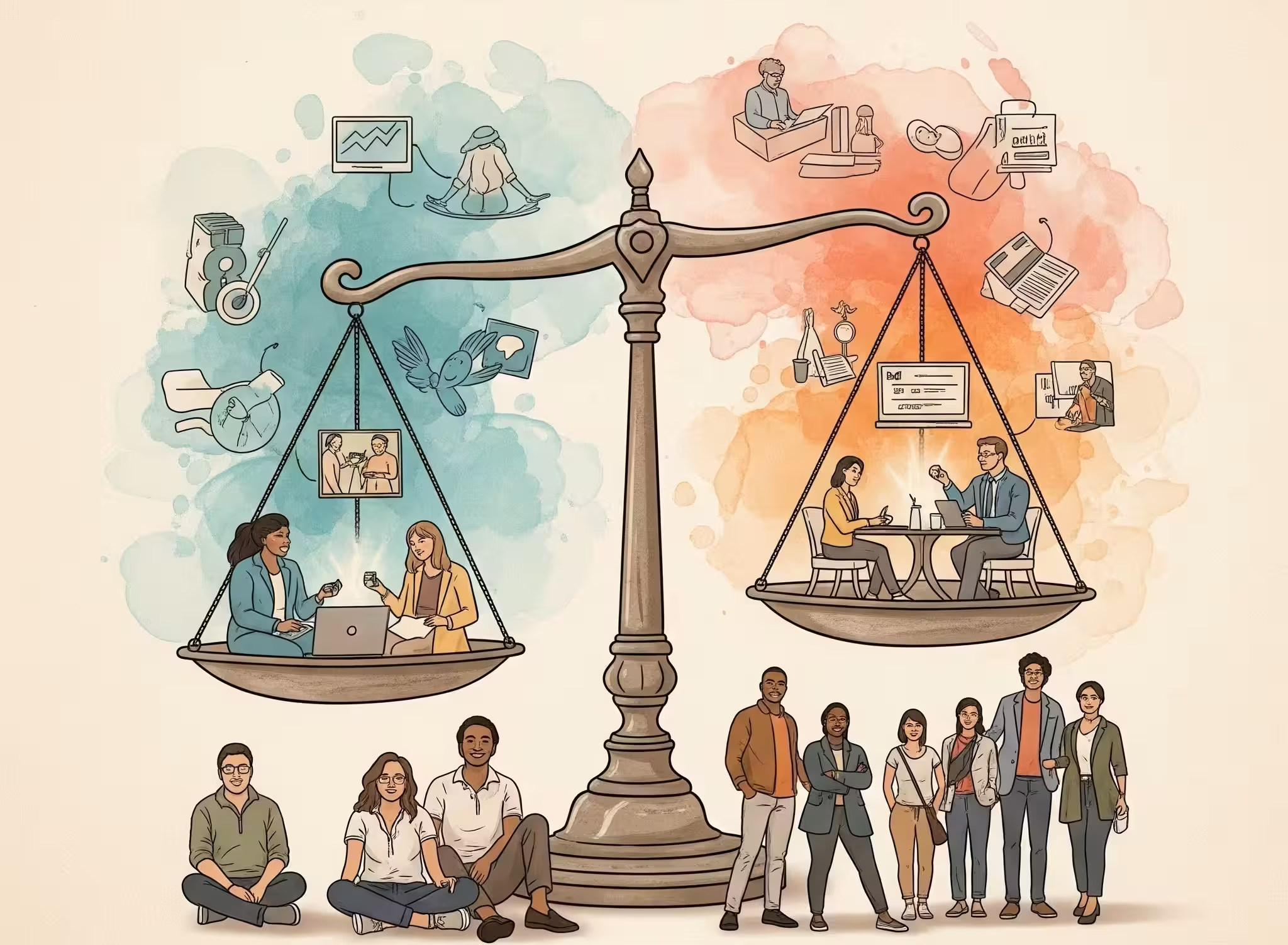💭 “It was a great idea. Everyone said so. But six months later… it was over.”
That’s what Aman said when we caught up over coffee.
We hadn’t met in a year, and last time we spoke, he was buzzing with energy about his new tech startup.
He had quit his job, raised a small round from friends, and was building something he believed the world needed.
But here he was, laptop shut, ideas buried.
“What happened?” I asked.
He gave a small shrug and said,
“Honestly, I still don’t know. Maybe we just… weren’t ready.”
- Launching at the right time
- Truly understanding your users
- And being willing to adjust fast
I didn’t learn this from a business book or a TED talk.
I learned it from a chaiwala on a train.
☕ A Lot of Startups Begin Like Aman’s
- A cool idea
- A motivated founder
- Maybe even some early users
But… most don’t make it past Year 2. In fact, according to CB Insights, over 70% of startups fail — and often for reasons that can be avoided.
Let’s break down why that happens — no jargon, just real talk.
Let’s break down why that happens — no jargon, just real talk.
🔍 Top Reasons Why Startups Fail
Aman’s product was slick, but not solving a pain point.
Founders often fall in love with the idea, not the problem.
💡Lesson: Validate your idea before you build. Talk to potential users. Solve something real, not just interesting.
You might have the right idea — but at the wrong time.
Launching a travel app during a pandemic ?
Creating a food delivery service when the market is oversaturated ?
That’s rough.
💡Lesson: Study trends, the economy, and user readiness. Sometimes, waiting a few months can make all the difference.
This one’s brutal. You raise some money, build fast — and suddenly… burn rate catches up.
Many founders underestimate how long it takes to reach steady revenue.
💡Lesson: Plan for the long game. Keep expenses lean. And don’t raise money to impress — raise it to survive and grow wisely.
Ideas are everywhere. Execution is rare.
Some teams are slow to launch. Others argue about features for months. Some don’t ship at all.
💡Lesson: Start simple. Launch fast. Get feedback early. Speed and focus beat perfection.
Early users are gold. But many startups build in a bubble — assuming they know best.
You need to listen, adapt, and improve. Otherwise, you’re building for yourself.
💡Lesson: Open that feedback form. Check DMs. Call users. What you hear might sting — but it’s what helps you grow.
A product isn’t a startup unless it makes money (eventually).
Too many startups focus on getting users, without thinking about revenue.
💡Lesson: Figure out who will pay, why they’ll pay, and when they’ll pay.
Even if it’s not today — make the path clear.
Aman also mentioned how tough it was emotionally — the pressure, the long nights, the arguments with his co-founder.
Startups are stressful. They test your patience, relationships, and confidence.
💡Lesson: Prioritize mental health. Communicate often. And find co-founders you trust, not just ones who code fast.
💡 A Real Story of Hope: From Rejection to a $1B Company
Let me tell you about Brian Chesky, co-founder of Airbnb.
In 2008, Brian and his team were broke. No investors believed in them. People laughed at the idea of letting strangers sleep in your home.
They funded Airbnb by selling custom cereal boxes during the U.S. election — “Obama O’s” and “Cap’n McCain’s.” No joke. That helped them raise $30,000 to keep going.
Fast forward to today — Airbnb is a multi-billion-dollar company that changed the way we travel.
What kept them going ?
- Grit
- Listening to users
- Constant tweaking
- And crazy belief in what they were building
- No customer feedback loop – If you’re not listening, you’re guessing
💡Lesson: Failure isn’t the end — it’s just part of the story.
📉 It’s Not Always About Failure — It’s About Learning Fast
Every failed startup teaches something.
Most successful founders have failed once (or more) before they got it right.
The key is to:
- Listen more
- Plan better
- Adapt faster
- And stay grounded in reality, not fantasy
It’s Okay to Fail — Just Don’t Waste the Lesson
Aman’s startup didn’t make it. But he’s building again — this time slower, more focused, and listening to users before writing a single line of code.
Your first idea might not be “the one.”
But if you’re willing to learn, your second or third just might be.
💬 What Do You Think ?
Have you started something that didn’t work out?
Or are you building something right now?
Drop your experience in the comments — your story might help someone else keep going.
And if this helped you — feel free to share it with your startup crew. 🚀





[…] 💡You don’t need to have it perfect. You need to listen, adjust, and stay consistent.Read Full Blog – Why Most Startups Fail: A Story, Some Truth, and Real Lessons […]